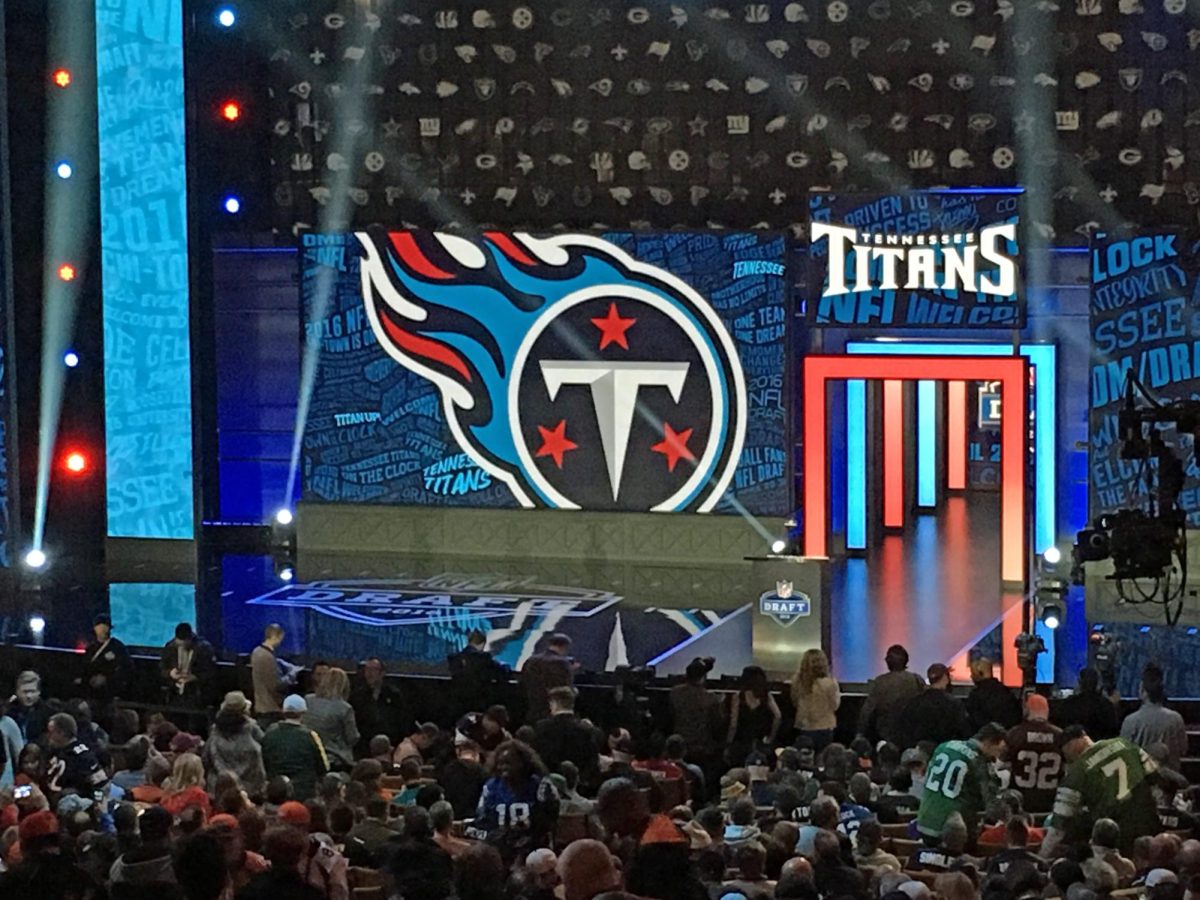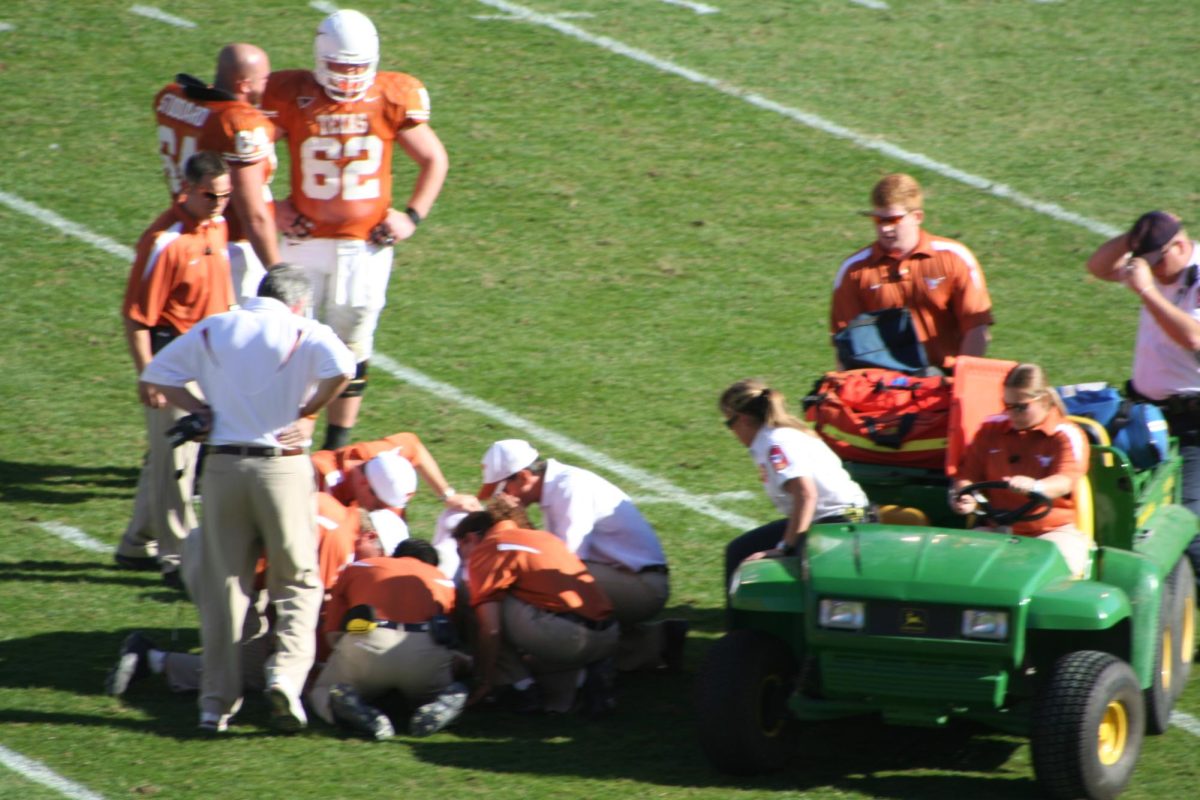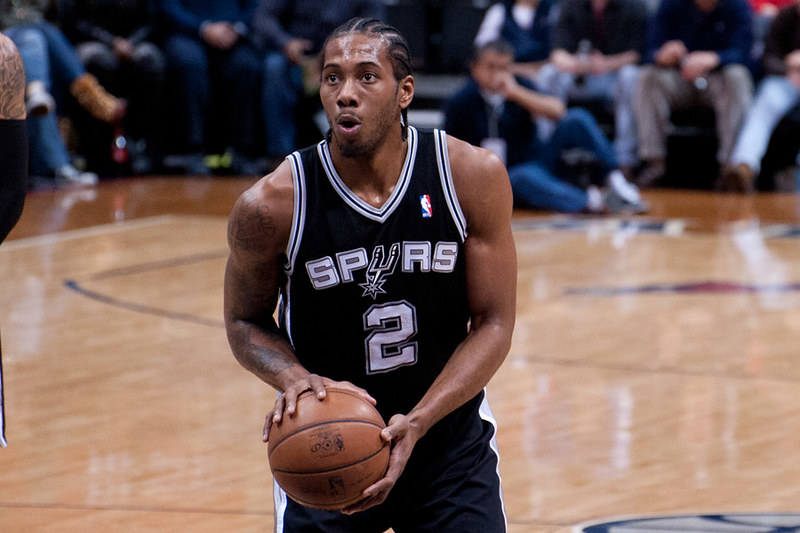Sitting on the bench while teammates smile and compete on the field is a heartbreaking feeling in itself. Spectating from the sidelines with a cast on a limb is even worse. Injuries affect thousands of student-athletes yearly, but missing game time is not the worst part of breaking an ankle. Athletes often feel that their bodies and abilities decay as they sit on the bench. They are usually correct, but studies have shown that their minds are greatly affected as well.
In a study performed by the Journal of Athletic Training, a bar chart confirmed that as the athlete’s injury symptoms lessened, so did their mental health issues. The study noted that most injured athletes fall in the age category of 15-24, the same range where a mental health epidemic is impacting the generation’s outlook on life.
Though there are many other examples, the Journal credits restricted participation, deterioration in athletic ability, and replacement on the athletic team as some of the most common factors in athlete-related depression and resulting attempts at suicide.
Injuries can have an extremely negative impact on one’s self-esteem. If an athlete gets injured after a long off-season of hard work, or is just starting to see success on the field, it can be incredibly demoralizing for doctors to suddenly restrict them from participating and playing. Athletes also often blame themselves for injury. Many athletes who feel that their inability to play is due to their body’s overuse or immature health decisions question their thinking and become frustrated with themselves.
Sports injuries can also serve as the beginning of many mental health issues among athletes causing anxiety and depression. For example, a lack of confidence after an injury is prevalent among athletes, especially in ACL surgeries. Many athletes with that specific knee surgery may never have trust in their bodies to make cuts on the field again, even when physically healthy enough to do so. Sports-related injuries are just as much mental as they are physical, and during the symptoms, it can be challenging for athletes to find happiness. However, there is hope.
Despite the challenging times that come with injury and the inability to participate in the sports athletes love most, many proposed methods exist to remain confident and optimistic.
The first is resources. When athletes are in doubt or overthinking, contacting those who know and believe in their abilities can often be beneficial. For example, calling a mentor or parent and asking for advice can often yield more hope and positivity in the athlete. The second is victories in recovery. While an athlete rehabilitates their injury, it can be easy to get lost in the process of completing tasks with much more difficulty than before their injury. However, athletes can observe these tasks as small battles to overcome and view every accomplishment as a stepping stone to a full recovery.
Similarly, athletes can motivate themselves with positive self-talk. To convince their minds that they are improving daily and are one step closer to full strength, the athlete can set attainable, short-term goals for their recovery.
Finally, athletes can use their time away from the field to build their self-esteem, confidence, and discipline. Injured athletes often find other hobbies in place of their sport to entertain them and keep their minds off their unfortunate situations.
Overall, injuries in sports can haunt players for years and sometimes even end their careers. However, the athlete’s process of taking time away and reflecting on potential past mistakes can sometimes build more discipline and mental fortitude than playing every day would.































